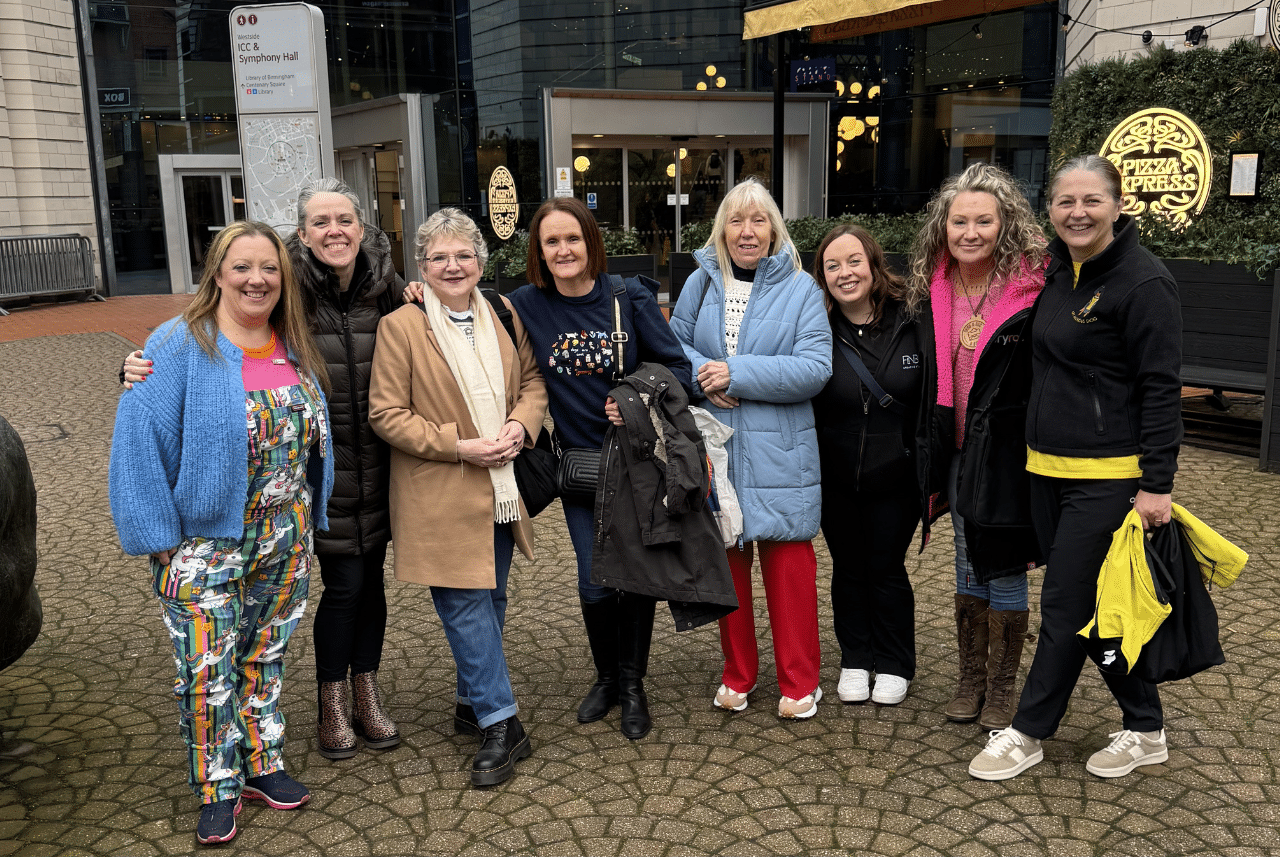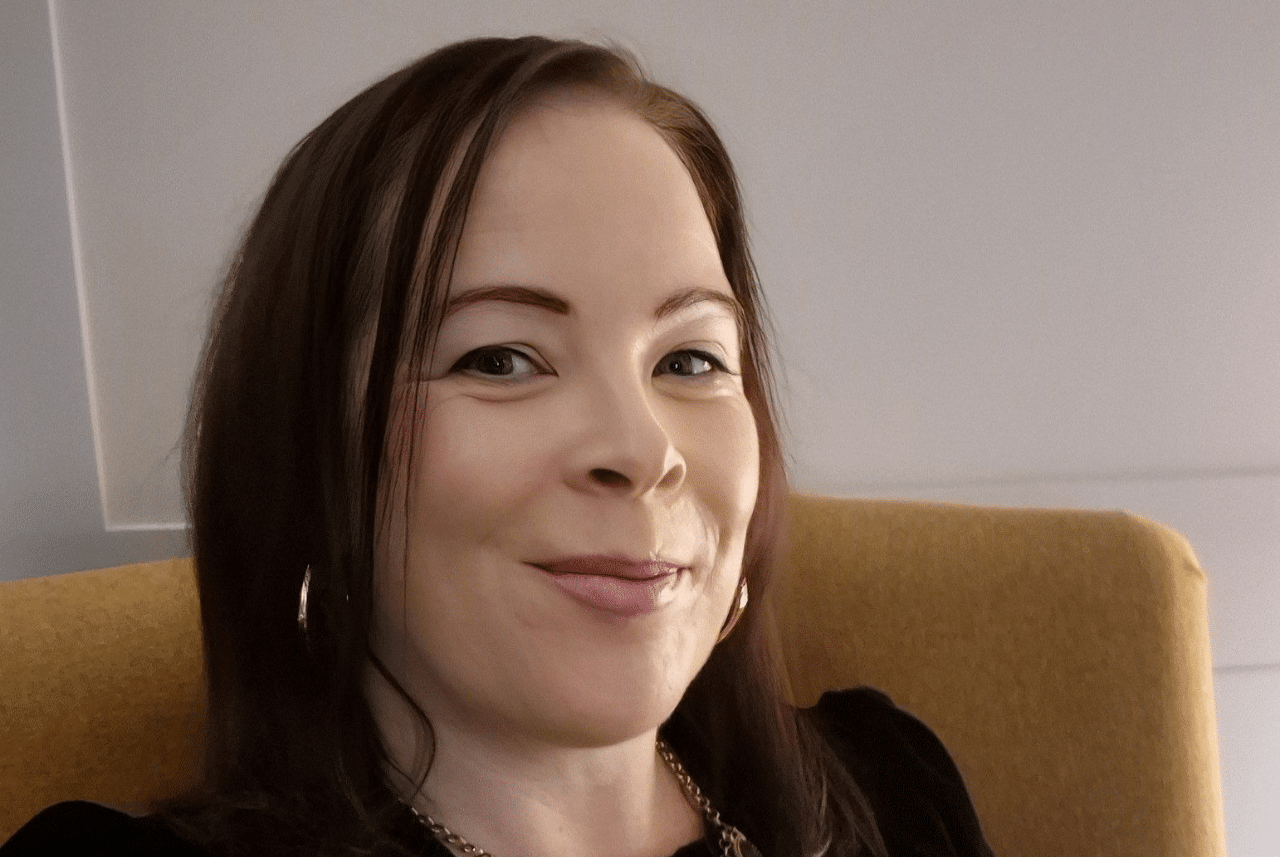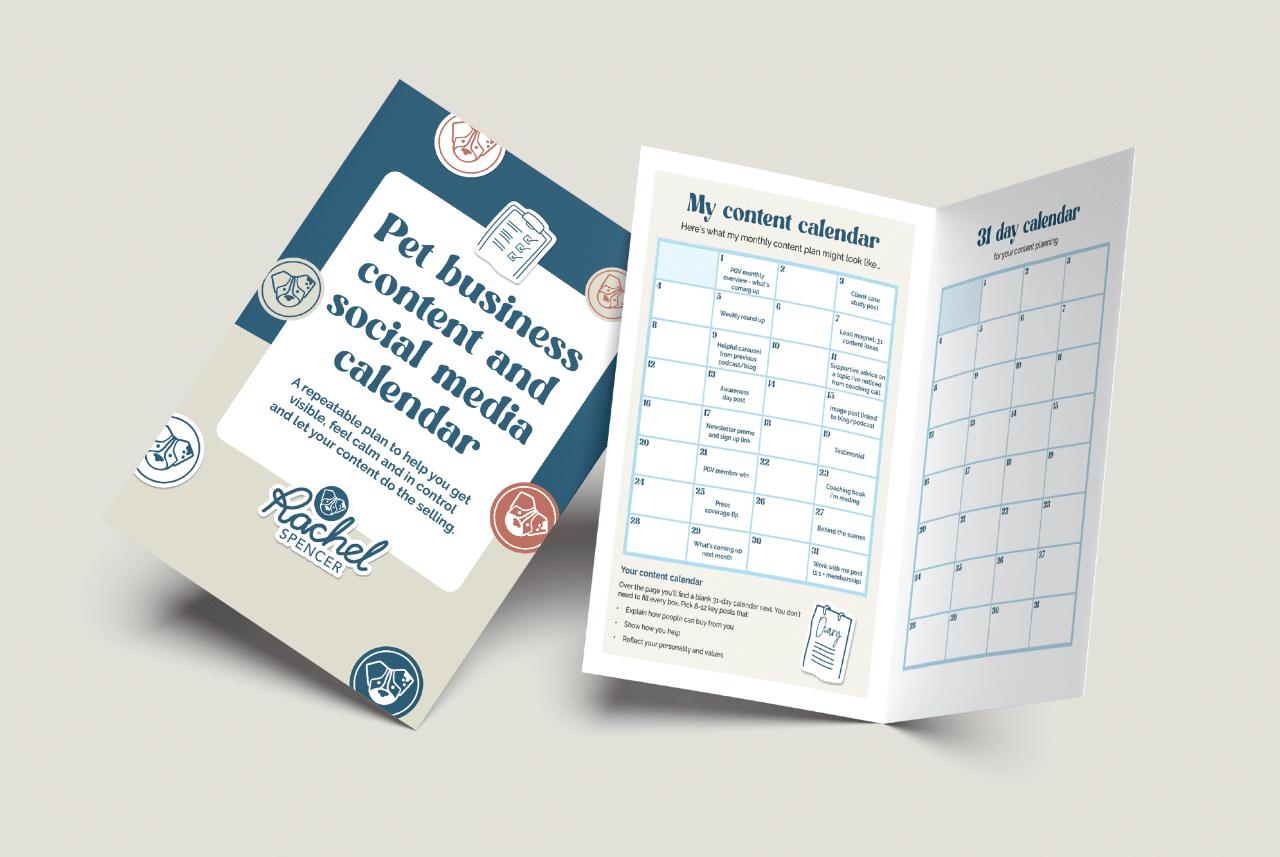Is getting on the radio one of your goals for your pet business?
Being interviewed live is fantastic for giving people an insight into you as a pet professional but can be daunting too.
Anna Webb is a seasoned BBC Radio presenter and a regular guest on shows like Jeremy Vine, Trisha and Alan Titchmarsh.
She’s a dog trainer, canine nutritionist and co-hosts Barking At The Moon on BBC Radio London, and her own show, A Dog’s Life podcast.
Anna explains how pet business owners can give fantastic radio interviews with tips on everything from getting rid of nerves to what kit you need.
Plus what it’s like to go head to head with the Pope’s biographer in a debate over whether it’s selfish to have dogs and not children.
You can listen in on the player link below or read the key points covered as a blog.
HI Anna, can you start by telling us about you and your background?
“I wear a few hats. I train dogs and offer nutrition advice. I also write lots of content and articles for people.
“I have my own podcast, A Dog’s Life. And I have Barking At The Moon and I do radio interviews.
“On the podcast, I cover natural health issues, nutrition, training and the aim is to help people navigate the world with dogs in a modern world.
“I speak to people who have taught me or impacted on me through over 50 years of being absolutely mad and passionate about dogs.
“Guests include Dr Rupert Sheldrake and Victoria Stillwell, plus people making a difference for dogs and their humans.”
How should small business owners go about approaching radio shows?
“Local radio is about community, they like to hear about local businesses and people in the area.
“It could be a story about a groomer having groomed a record number of dogs, or if you had a product you could perhaps pick up on a story that’s in the news and offer your insights on that.
“Dogs are on everyone’s radar at the moment. So I would do a two pronged attack, I would actually email the presenter, and do research on the presenter, ideally they’re a dog lover.
“And then find the producer’s details and contact them too, and the address of the station, if you’ve got physical products that you’d like to gift, send in some gifts.”
If you get a yes, what can you do to make sure the interview goes well?
“Prepare, prepare, prepare. They say for every five minutes of radio you should do at least 20 minutes research.
“If it’s you and the host it’s pretty straightforward, you might be talking about a campaign or something around your business or something in the news.
“Or you might be on with another guest, where you’re going head to head and debating an issue.
“This is where it’s really important to prepare your message and have the key points you want to get across ready.
“Last week I went on the Jeremy Vine show with talking about the Pope’s quite radical comments about people being desperately selfish if they don’t have children, and they actually opt to have a pet instead of a child.
“It was a difficult subject to do, I was doing my best to defend dogs and women who decide they may not want to have children or who are unable to, so it was essential to be prepared.”
How do you get all the information that’s going round in your head to actually sound good?
“You’ve got to steel yourself and not show nerves, and not think about how many people are listening.
“Because we’re on Zoom or on phones rather than in the studio where you can read people’s expressions, you don’t have that interaction.
“So have some stock phrases in your head of what you want to get across and present them.
“Put emotion into it and remember the ‘fourth wall’ which is your audience. You can’t see them but they are there.
“Sometimes, less can be more. The audience can make up their own view.”
What is your advice if the conversation goes in a direction you’re not keen on?
“Think of it as being like a game of ‘ping pong’ where you are putting across your stance and create a bit of a dynamic.
“It’s like a game of bat and ball. You can either keep going or say, ‘Oh, ok, you’re right then.’ This is why being prepared is vital.
“Don’t be defensive and be polite. Try to think ahead of the other person.”
Do you have any guidance on how long and answer should be?
“Yes, keep it on the short side because what you want is for people to ask you another question.
“An average radio interview isn’t very long, it’s usually about ten minutes. It goes very quickly and really, that’s about three questions.
“Be ready, imagine you’re having a conversation, and have your three main things to put forward. The presenter will come back on one of the three points.
“You can talk about that, then you might go to one of the other points, and the conversation goes back and forth in a natural way.”
Rapport is important isn’t it? How would you suggest people go about building this?
“Put a pitch together that’s simple and clear, and be affable and friendly.
“People are listening, you have their attention, and they want to hear your thoughts. Try not to be shy, you’re just having a chat.
“Also, try not to mull it over too much afterwards and obsess about what you wish you’d said!
“Or how you sound. I heard even Jonathan Ross can’t bear listening back to himself, I think everyone has that.”
Another thing I learned when I started with the podcast and I had some coaching, was about how important it is to be enthusiastic.
“Yes, definitely, you can’t sound dreary or monotone or you’ll get cut off. You have to be affable, start positive, be friendly, and that sets the tone.”
If pet businesses want to focus on radio, is there any kit you’d recommend?
“Sometimes you can do an interview just on your iPhone, and I was holding it just with one hand so I was talking above the iPhone as that’s the best way to convey your voice.
“If you’re on for a longer time, use a microphone which plugs into your phone or computer, and ideally it will be quite sensitive.
“It picks up the nuances and depth of your voice.
“You can experience echo so sound cancelling headphones are helpful too.”
More information and links to kit can be found in this episode:
How to start a podcast for your pet business with Ant McGinley.
Finally, any dos and don’ts on the radio?
“Don’t swear! Don’t mention any brands as it can be annoying if you’re on the BBC.
“Have energy and passion about what you want to talk about.”
Want to find out more about Anna?
Listen to her podcast on her website: www.annawebb.co.uk
Tune in to Barking At The Moon at 11pm on BBC Radio London every Thursday.
Follow her on social media @annawebbdogs on all platforms.
If you found this post helpful, you might enjoy How to prepare for an interview in ten simple steps or How to be the perfect podcast guest.





